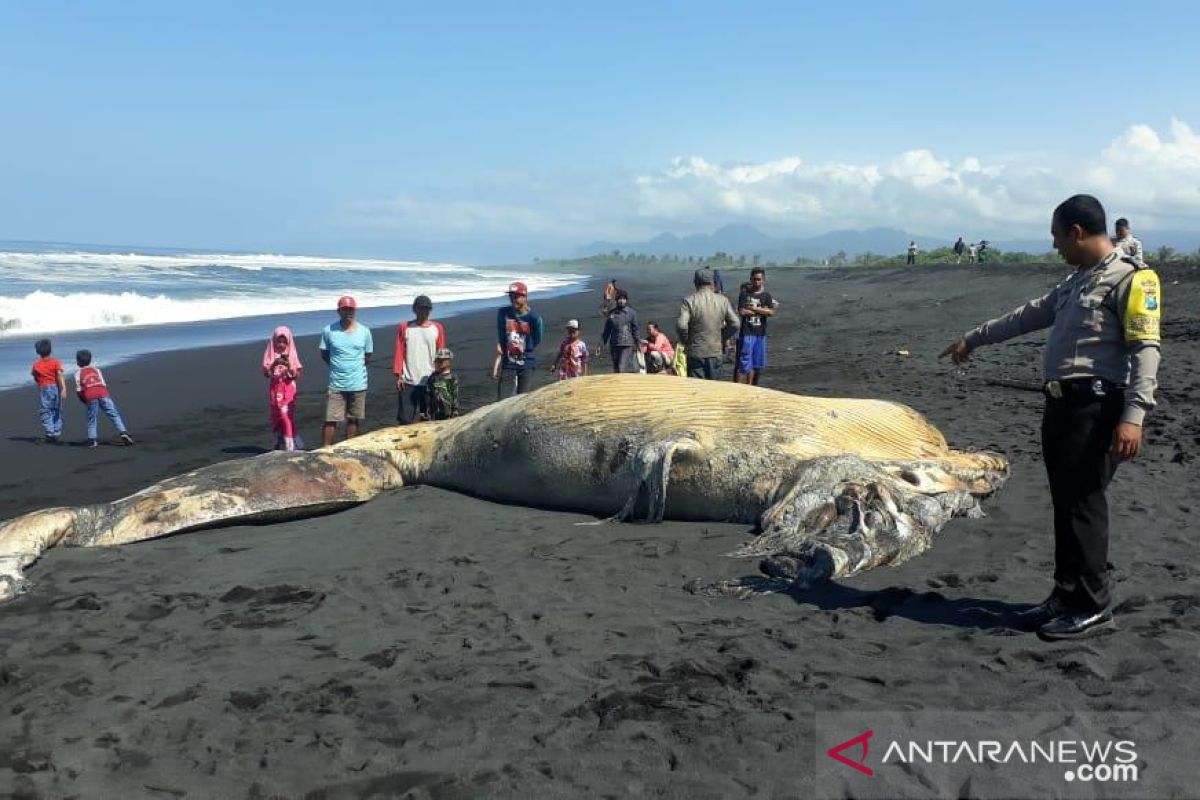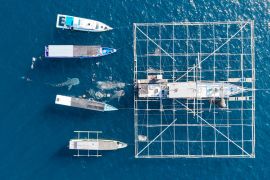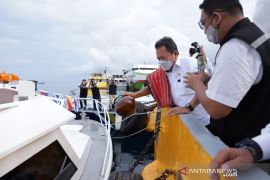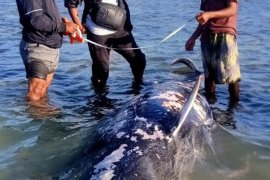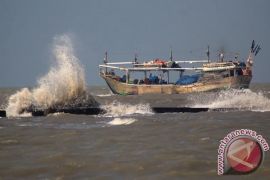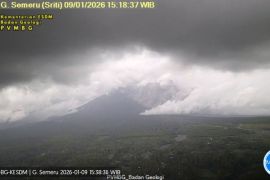The ill-fated whale carcass was first found by Siyo, a resident of Rekesan Hamlet in Bago Village, Pasirian Subdistrict, Lumajang District, while he was on his way to his rice field near the Bambang Beach area.
"From the distance, I saw something big and stinky. After approaching it, I know it was a whale carcass," Siyo said.
He then reported it to the head of Rekesan Hamlet and the Pasirian police chief. Along with several personnel of the village's security unit, the local policemen buried the carcass.
The burial was necessary as the animal was foul-smelling, Pasirian Subdistrict Police Chief Inspector, Agus Sugiarto, said, adding that he was unsure about what type of whale it was.
Regarding the death of the whale, Chief of Lumajang District's Police Precinct Adjunct, Senior Commissioner Muhammad Arsal Sahban, speculated that the mammal could have died in the sea before its carcass was washed ashore.
Sahban said marine pollution could likely have triggered its death but that his men would still investigate the case.
"We are going to probe the death of the whale to find out the exact cause," he added.
Last year, Indonesia had been in the spotlight of the mainstream media in the country and abroad after a sperm whale was found dead with 5.9 kilograms of plastic waste in its stomach.
The ill-fated sperm whale was found washed ashore in the marine national park of Wakatobi, Southeast Sulawesi Province, on November 19, 2018.
The death of the ill-fated sperm whale (Physeter macrocephalus) was widely published and broadcast by reputable international news media, including the Associated Press, CNN, BBC, ABC, The Guardian, and National Geographic.
Washed ashore Kapota isle, Wakatobi District, Southeast Sulawesi Province, this dead marine mammal has only added to the number of whales that died this year after ingesting plastic waste. EDITED BY INE
Translator: Zumrotun S, Rahmad Nasution
Editor: Eliswan Azly
Copyright © ANTARA 2019
